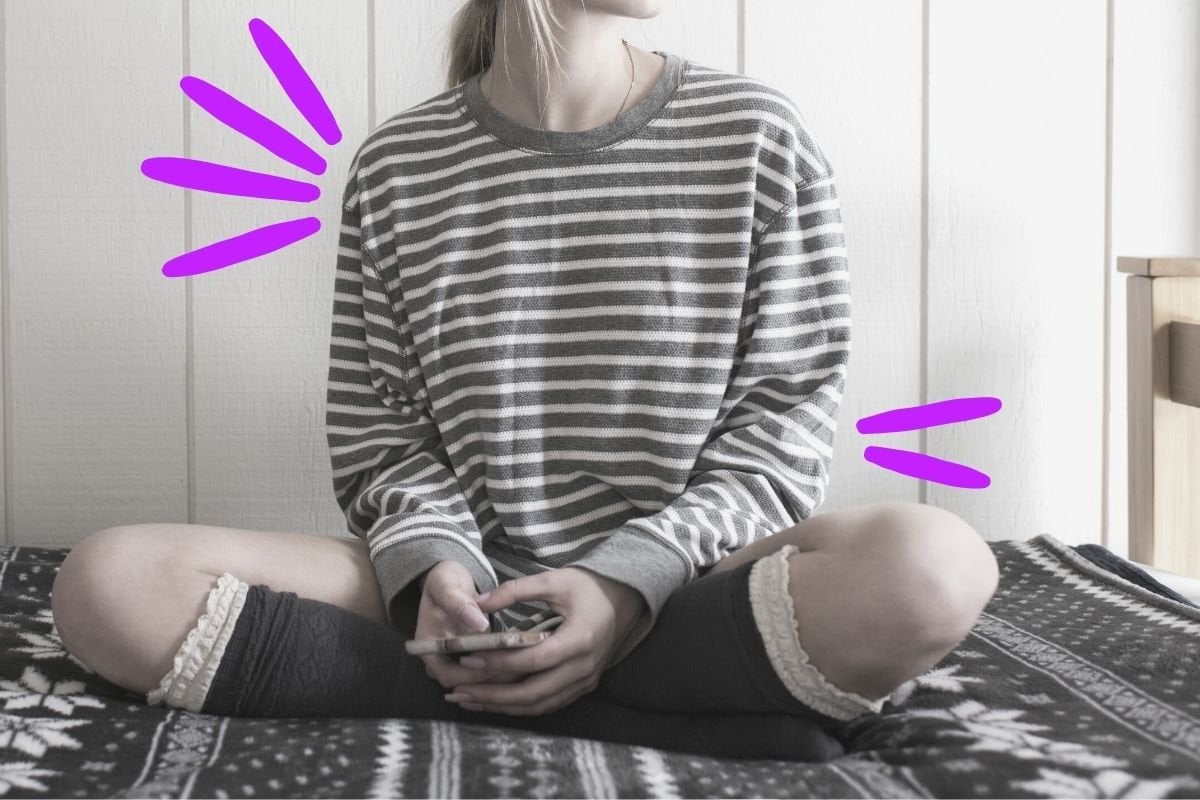
Courtney lives in a lovely little bedsit in a converted police station on the NSW South Coast.
All the furniture was new when she moved in more than four years ago and to her, it's kind of perfect.
There's a communal living room and a computer room just down the hall and no stairs, which is a non-negotiable for the 24-year-old who lives with a disability.
Sidenote: How can you help Australia's homeless population? Post continues after video.
But despite having a roof over her head, and a bookshelf in her living room, Courtney is technically homeless.
As she tells Mamamia, "being homeless is having a lack of a stable home address. You don't have to be living on the streets without a roof over your head."
She did live like that too, however.
Due to a family breakdown as she was finishing highschool, Courtney found herself without anywhere to live at the age of 18.
For more than a year, she slept either in the little red Toyota Corolla her nanna bought her when she got her licence, or on friends' couches.


Top Comments